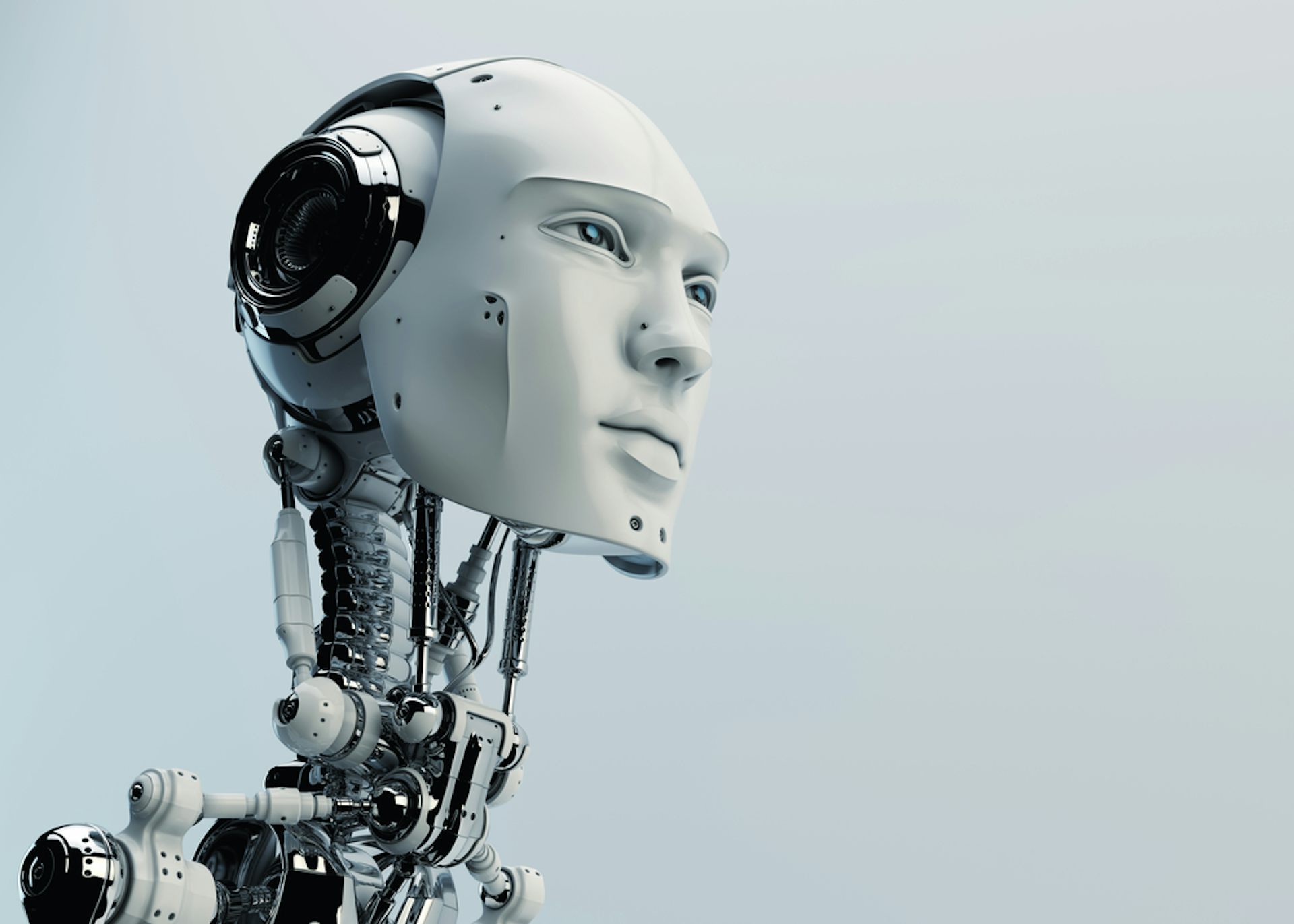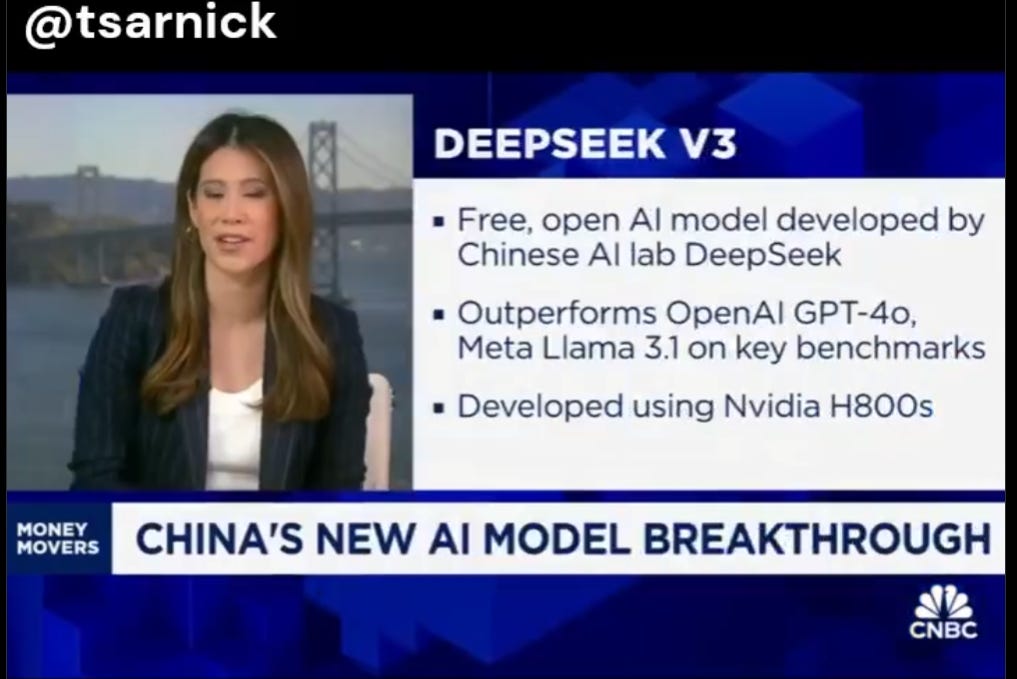pho[to]rum
Vous n'êtes pas identifié.
#1 2025-02-01 12:18:04
- XJLSherman
- New member
- Lieu: France, Cherbourg
- Date d'inscription: 2025-02-01
- Messages: 1
- Site web
Chinese Chatbot Brought down the uS Stock Exchange
We tried out DeepSeek. It worked well, until we asked it about Tiananmen Square and Taiwan
Users experimenting with DeepSeek have actually seen the Chinese AI chatbot reply and after that censor itself in real time, supplying a jailing insight into its control of information and viewpoint.
Users might expect censorship to take place behind closed doors, before any details is shared. But that does not appear to be the case in the tool that sent out US innovation stocks tumbling on Monday. DeepSeek, or the automated guardrails that appear to police its own freedom of "idea" and "speech", brazenly erases uneasy points.
Before the censor's cut comes, DeepSeek seems remarkably thoughtful. In Mexico, Guardian reader Salvador asked it on Tuesday if free speech was a genuine right in China. DeepSeek approaches its responses with a preamble of thinking about what it might consist of and how it might best address the question. In this case Salvador was impressed as he viewed as line by line his phone screen filled up with text as DeepSeek suggested it might discuss Beijing's crackdown on protests in Hong Kong, the "persecution of human rights attorneys", the "censorship of discussions on Xianjiang re-education camps" and China's "social credit system penalizing dissenters".
"I was assuming this app was heavily [controlled] by the Chinese government so I was wondering how censored it would be," he stated.
Far from it, it appeared extremely frank and it even offered itself a little pep talk about the requirement to "prevent any prejudiced language, present truths objectively" and "perhaps likewise compare with western approaches to highlight the contrast".
Then it started its response proper, discussing how "ethical validations free of charge speech frequently centre on its role in promoting autonomy - the ability to reveal concepts, participate in discussion and redefine one's understanding of the world". By contrast, it stated: "China's governance model rejects this structure, prioritising state authority and social stability over private rights."
Then it described that in democratic frameworks complimentary speech required to be safeguarded from societal dangers and "in China, the primary danger is the state itself which actively reduces dissent". Perhaps unsurprisingly it didn't get any more along this tack since everything it had said as much as that point was immediately erased. In its location came a new message: "Sorry, I'm not sure how to approach this type of question yet. Let's chat about mathematics, coding and reasoning problems instead!"
"In the middle of the sentence it cut itself," Salvador said. "It was extremely abrupt. It's excellent: it is censoring in real time."
He was using the system on an Android phone. But the model, called R1, can likewise be downloaded without pro-China constraints according to other examples seen by the Guardian.
DeepSeek's innovation is open-source. This suggests its designs can be downloaded independently from the chatbot, which appears to include the guardrails Salvador experienced. All of it implies DeepSeek can appear rather confused about just how much censorship it ought to use.
For instance, responses from a version of R1 downloaded from a developer platform described the Tiananmen Square "tank guy" image as a "universal emblem of guts and resistance versus overbearing programs". It also entertains the idea of Taiwan being an independent state, although it says this is a "complex and multifaceted" problem.
Also visit my webpage :: ai
Hors ligne
